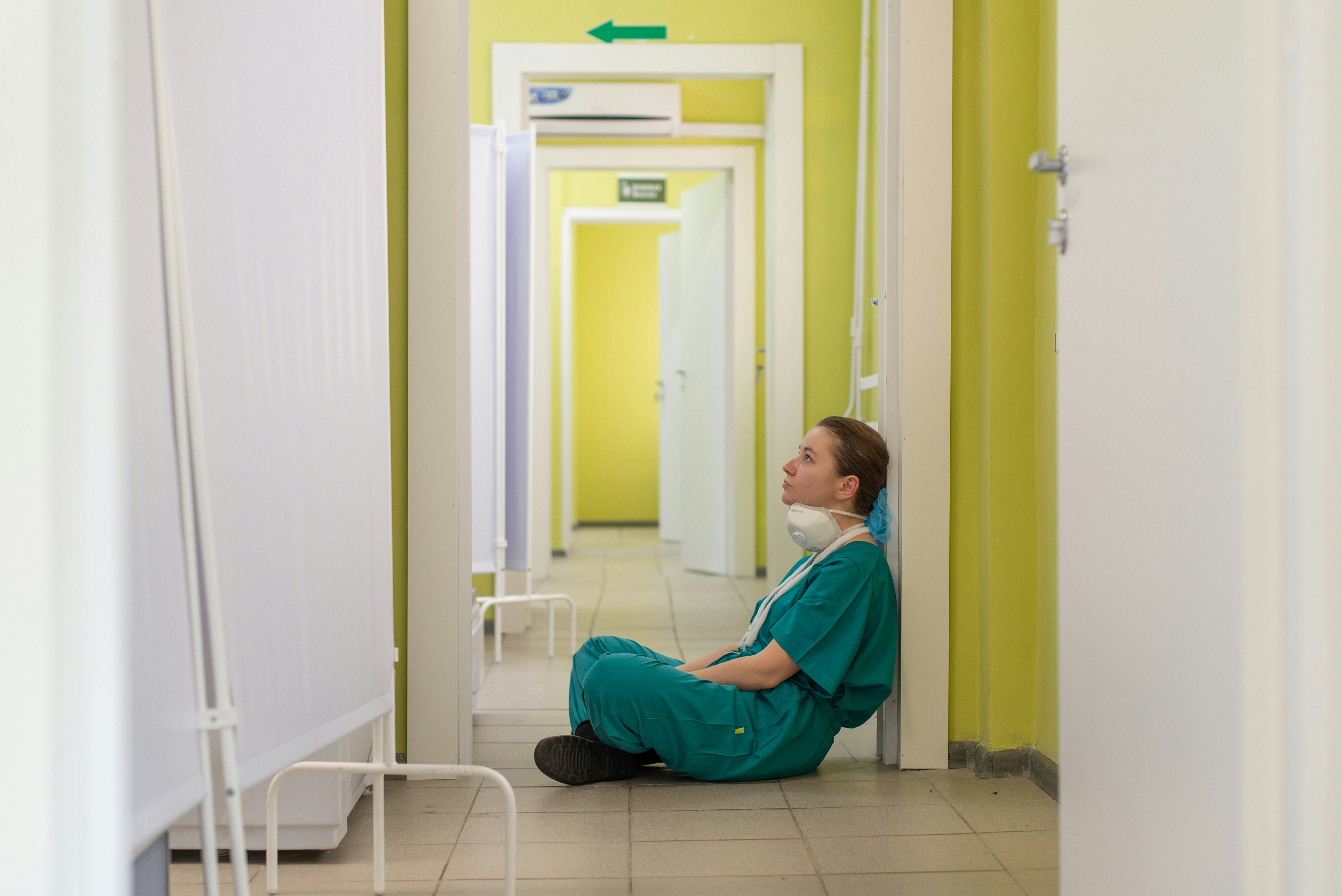News release
From:
Healthcare organisations can anticipate deep psychological effects on healthcare workers after a mass casualty event. This study examined the emotional experiences of burns and theatre healthcare workers caring for injured patients following New Zealand’s Whakaari/White Island volcanic eruption in 2019 at Te Whatu Ora Counties Manukau, based in Auckland, New Zealand.
Staff reckoned and wrestled with the aftermath of the disaster with collective emotional after-effects, and there was cumulative harm amidst healthcare system constraints. Opportunities for emotional processing may counter stoic medical culture, especially for staff who are recurrently exposed to trauma.



 New Zealand
New Zealand


